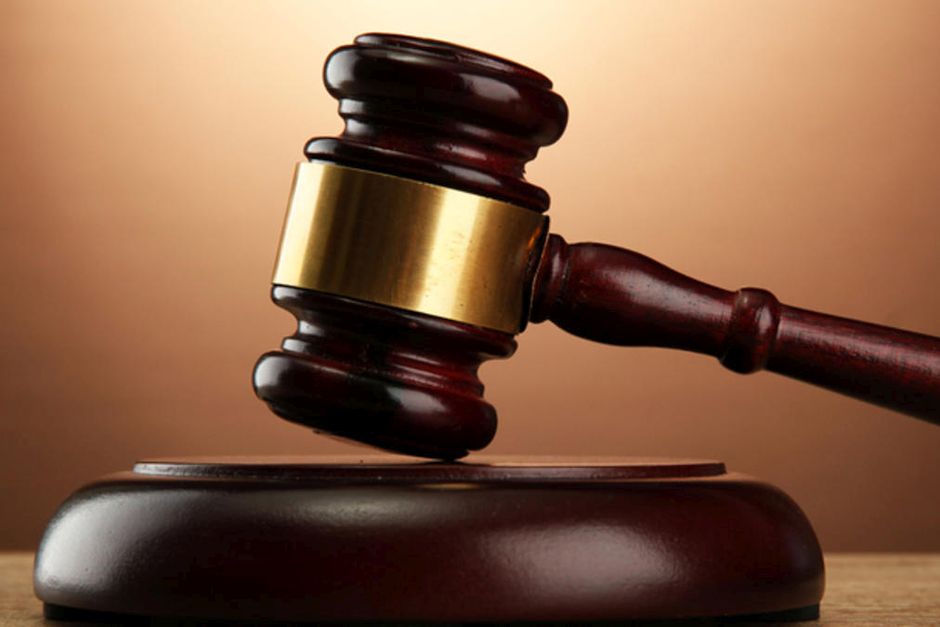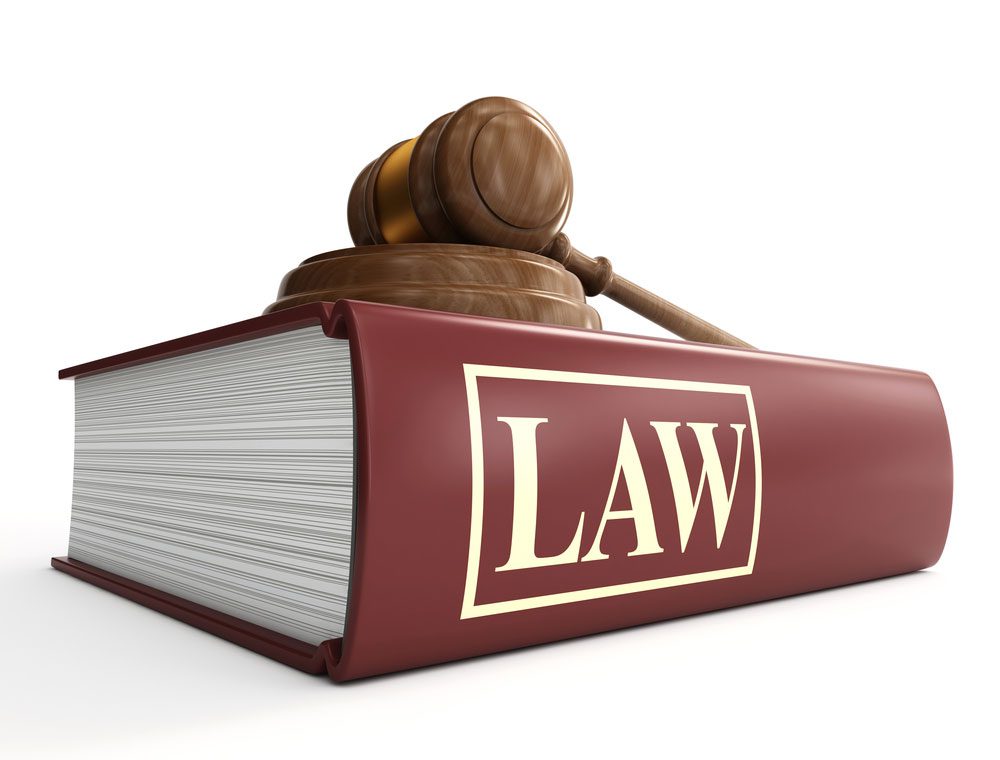Law is a body of rules developed and enforced by governmental or civic institutions to control behavior, with the precise definition a point of longstanding disagreement. It can be variously defined as the art and science of civil law, a body of law that is used in the making of decisions and that gives rise to rights and duties. In a broad sense it can also be said to cover all those things that are done within the legal profession including litigation, procedure, legislation, and adjudication. Within the legal profession however there is more of a differentiation between different types of law such as civil and criminal law and common law.
The jurisdiction; of the courts is set out by the lawmaking power of the legislature. In the US the power of the legislature includes the control over the courts, and in the states of Alaska, Arizona, Idaho, Maryland, Montana, Nebraska, Nevada, North Carolina, Oregon, South Dakota, Texas, Washington and Utah. In most instances the supreme court is found by statute or common law to have original jurisdiction in all matters not referred to the federal courts.
Civil jurisprudence is that area of the law concerned with private law suits on behalf of individuals or groups against those who have acted unjustly against them. There are several branches of this area of law. They are: Property, Civil Law, Corporate Law, Contract Law, Family Law, and Patent Law.
Within the property branch of civil law are: Bankruptcy, Personal Injury, Estate, Judgments and Taxes.
Civil Law is broader than even property law as it goes well beyond the protection of individuals’ rights into the realm of rights of individuals and groups protected by the constitution.
Within the realm of civil law are: War, Labor, Business Litigation, Consumer Protection, Employment Law, Rehabilitation, Adoption Law, and Judgments. Because of the diversity of the issues that are considered within this field of law it is important to have an experienced lawyer on your side to represent you when you need to go to court. Having a good lawyer can ensure that you receive just compensation for any injuries or losses that you have sustained because of the actions or inactions of another party. It is also vital that if you have been wrongfully accused of any wrong doing that you retain a lawyer who will have your best interest at heart.
Criminal Law; is the area of the constitution and civil laws that deal with crimes against the state, government or individual. It is divided into two main branches: Criminal Justice and Judicial Law. The former is the section of the penal code that deals with matters such as murder, rape, arson, assault, theft, embezzlement, felonies and other serious offenses; whereas, the latter deals with matters such as administrative law and civil actions. These laws are divided into seven distinct sections: Procedure and Code; Wrongs regarding Wills, estates, trusts, and other securities; Errors with tax and insurance; Causes of action and defenses to claims; Criminal Law Procedure; Alternative Dispute Courts; Contempt of Court and other Matters Relating to the Courts.
One thing that many people do not realize is that although the United States has a Constitutional republic rather than a common law system and both are recognized throughout the country as the supreme lawmaking authority, they actually operate differently. Whereas the common law system tends to develop opinions that are considered definitive and authoritative on matters of fact and must be interpreted in a broader context in order to apply them legally, the constitutional republic system leaves decision making to the courts. There are no requirements that decisions must be unanimous, just a simple vote of two-thirds of members of the court is needed to adopt a decision. As you can see there are significant differences between the two legal systems.
-
Previous Post
What Is A Trademark?
-
Next Post
The Nature of Law in America











